Michael D.Sheimo – Bond Market Rules
$15.00
Product Include:
File size:
Michael D.Sheimo – Bond Market Rules
**More information:
Get Michael D.Sheimo – Bond Market Rules at Salaedu.com
Description
In today’s go-go market, investors’ attitudes toward risk–as well as toward bonds–have undergone a dramatic transformation. The new rules of bond investing are complex, often confusing, and if misunderstood, potentially expensive. BOND MARKET RULES provides concise, easy-to-read explanations–from investing fundamentals to advanced trading strategies–to give you a comprehensive overview of bond investing. In addition, it is an ideal fingertip reference to today’s most trusted rules, helping you know at a glance how a bond should act in any given situation–and just as important, how you should act to protect your investments. Individually, any one of the 50 chapters in BOND MARKET RULES could save you a fortune in portfolio blunders and miscues. Collectively, they provide nothing less than the most comprehensive manual available on knowing the bond market inside and out.
For example: Chapter 3 discusses the true meaning and importance of the yield curve, a popular yet often misunderstood bellwether of possible changes in the economy. Chapter 16 explains the “ladder” strategy–and how it can provide liquidity for long- term bond investors, while minimizing the effects of reinvestment risk. Chapter 27 describes the pluses and minuses of the popular zero coupon bonds, and why they are often preferred for retirement investment accounts. Chapter 49 discusses the promising but volatile new “Brady” bond–what it is, how it works, and why February and March are often the most profitable months to buy a Brady.
Simply put, bonds should be a part of any diversified portfolio. In addition, new attitudes and investment products have made the fixed-income market as exciting and potentially rewarding as the stock market. By presenting and explaining the usefulness of today’s top 50 professional bond trading rules, BOND MARKET RULES will tell you everything you need to know about this vibrant, potentially lucrative market. On its own, or in combination with author Michael Sheimo’s other nuts-and-bolts guidebooks, it will give you a comprehensive knowledge of the fixed-income investment world, and show you the safest, most profitable ways to include bonds in your diversified portfolio.
From the Back Cover
From the Bestselling Author of Stock Market Rules
Rules of the Pros for High Profit/Low Risk Bond Trading–All Explained in One Easy-to-Read Book
Bonds have changed. Like stocks, bonds today have a place in every trading strategy: conservative to aggressive, income to growth. And like stock investors, experienced bond investors frequently rely on oft-repeated axioms or “rules” to guide their buy and sell decisions. Bond Market Rules examines 50 of today’s most popular rules, using history and statistics to determine which you should follow–and which you should ignore. But better than that, it goes beyond merely examining the rules to provide a complete primer on fixed-income investing in today’s rapidly changing market. Price action, interest rate analysis, yield curve analysis, inflation-indexed bonds, and more are explained in terms the average investor can understand. Bond Market Rules will help you in two important ways. First, its concise, easy-to-read explanations–from investing fundamentals to advanced trading strategies–will give you a comprehensive overview of bond investing, one that should greatly increase both your knowledge and your portfolio value in the years ahead. Second, it will give you a fingertip reference to today’s most trusted rules, helping you know at a glance how a bond should act in any given situation–and just as important, how you should act to protect your investments
Bond Trading course: Learn about Bond Trading
Bond trading definition
Bond trading is one way of making profit from fluctuations in the value of corporate or government bonds.
Many view it as an essential part of a diversified trading portfolio, alongside stocks and cash.
A bond is a financial instrument that works by allowing individuals to loan cash to institutions such as governments or companies.
The institution will pay a defined interest rate on the investment for the duration of the bond, and then give the original sum back at the end of the loan’s term.
1 review for Michael D.Sheimo – Bond Market Rules
Add a review Cancel reply
Related products
Stock - Bond trading
Forex - Trading & Investment
Forex - Trading & Investment
Forex - Trading & Investment
Alphashark – Learn a Better Way to Trade Stocks and Increase Your Returns Using Options
Forex - Trading & Investment

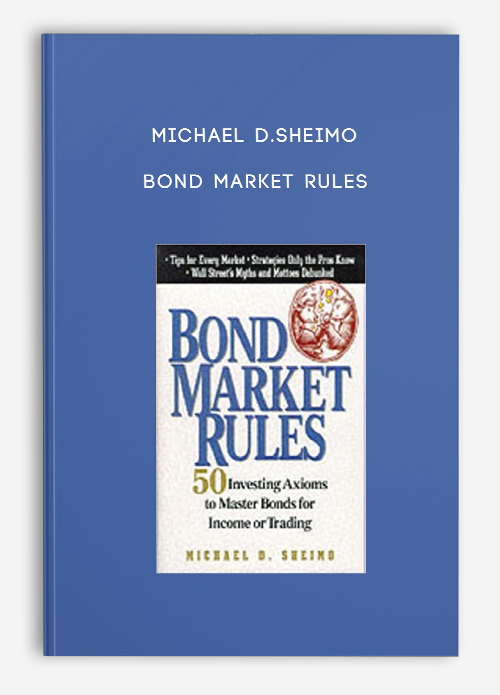
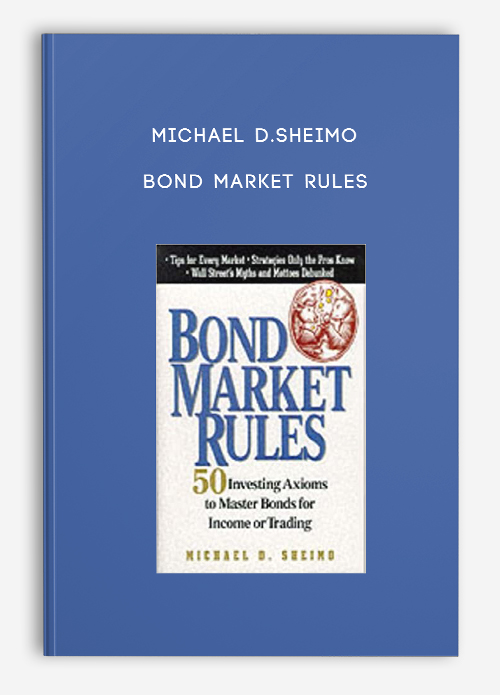
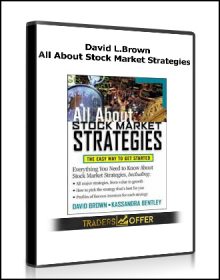
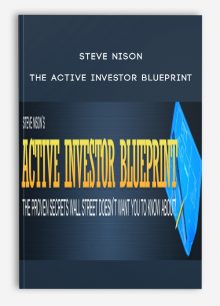

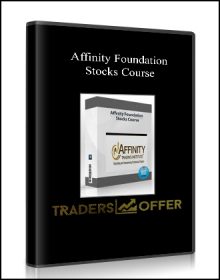
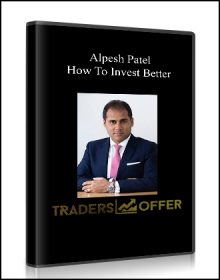
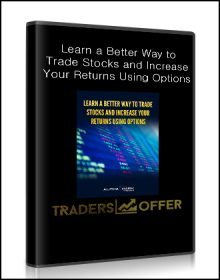
![Stansberry's Investment Advisory March 2016 Newsletter (Stansberry Research) [eBook (PDF)]](https://tradersoffer.forex/wp-content/uploads/2016/12/Stansberrys-Investment-Advisory-March-2016-Newsletter-Stansberry-Research-eBook-PDF-220x280.jpg)

king –
We encourage you to check Content Proof carefully before paying.“Excepted” these contents: “Online coaching, Software, Facebook group, Skype and Email support from Author.”If you have enough money and feel good. We encourage you to buy this product from the original Author to get full other “Excepted” contents from them.Thank you!